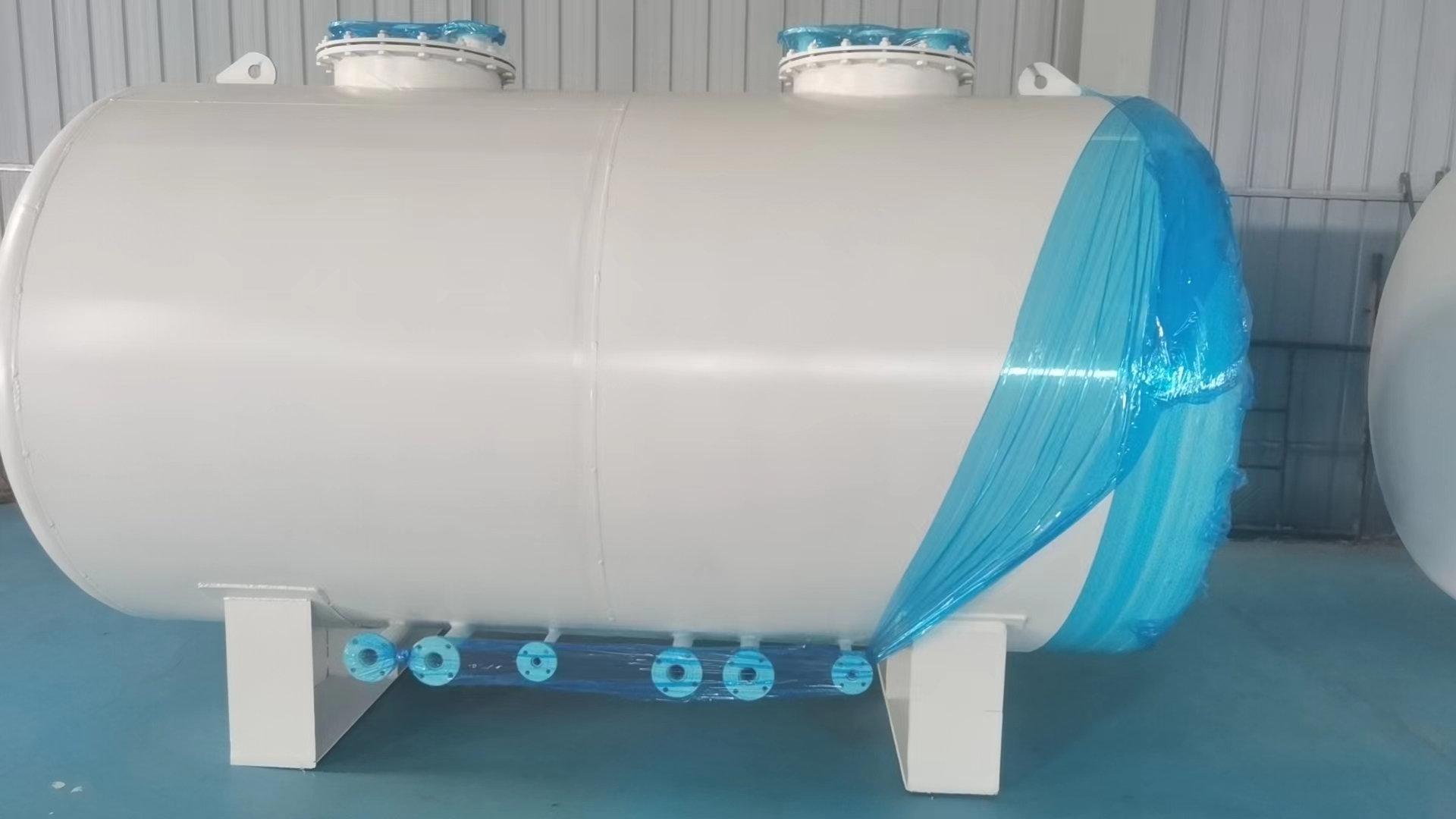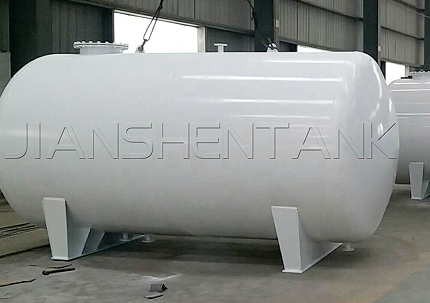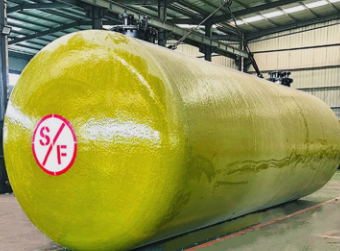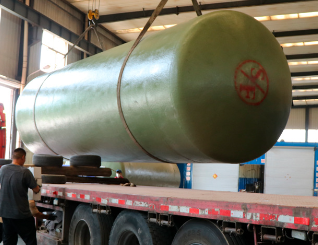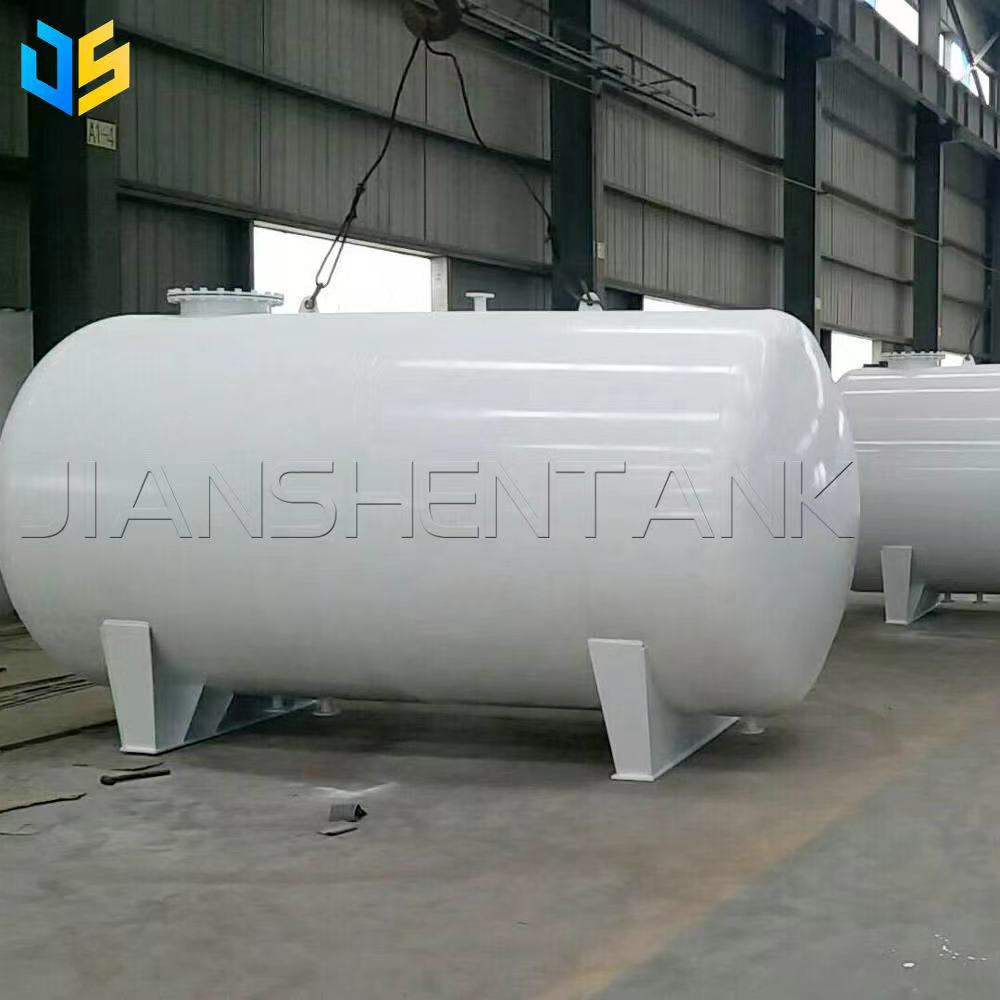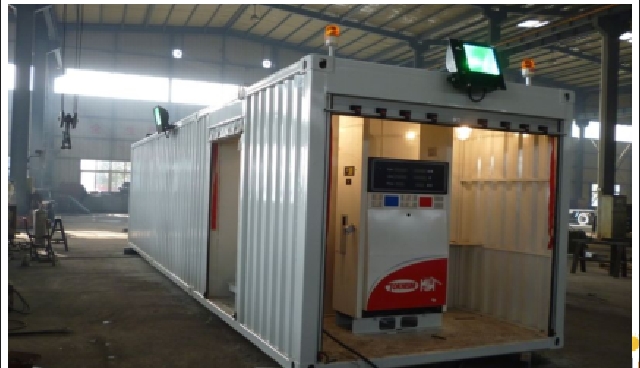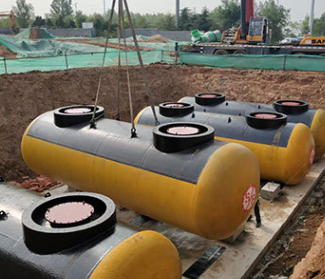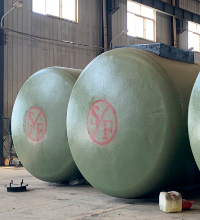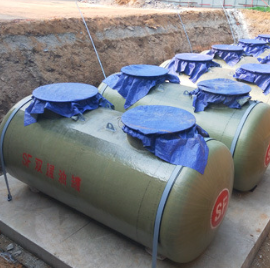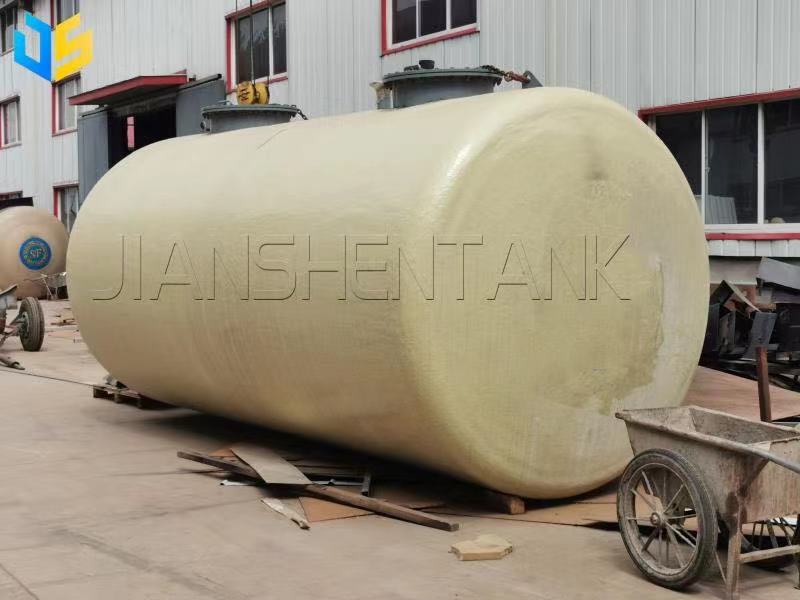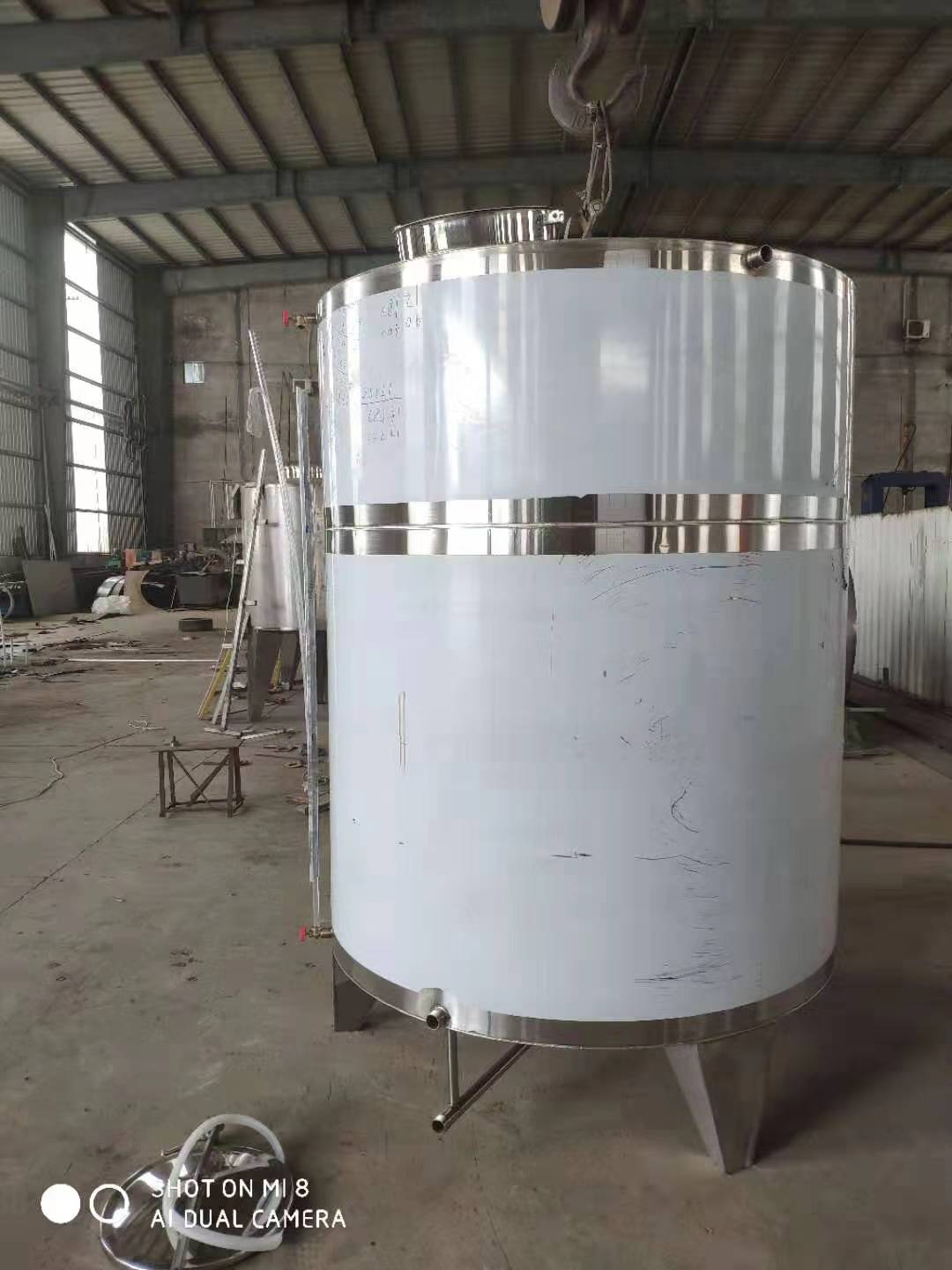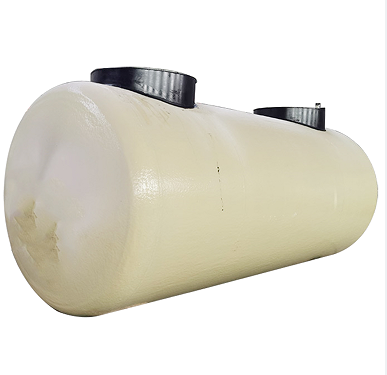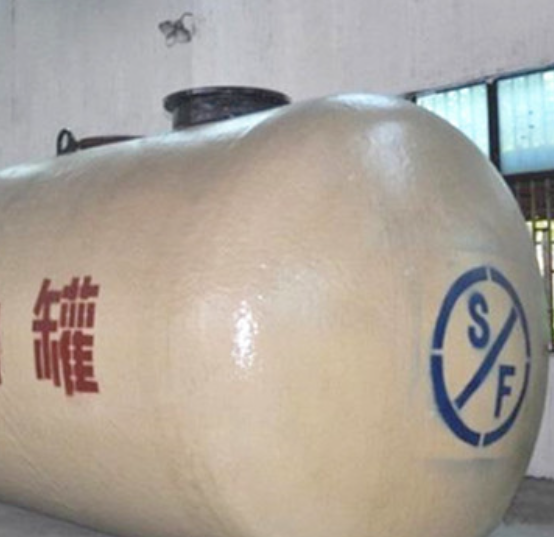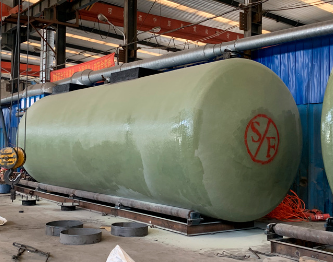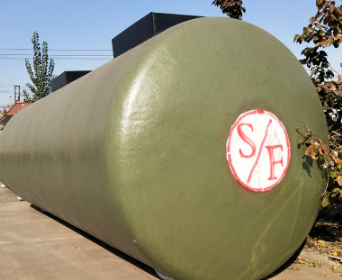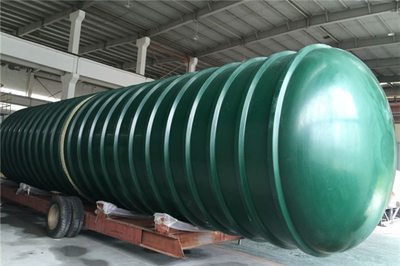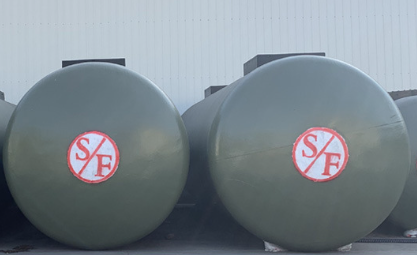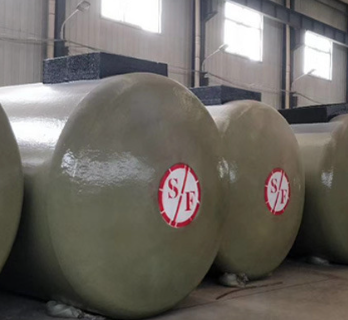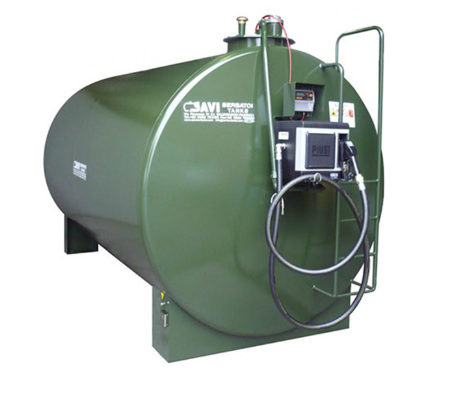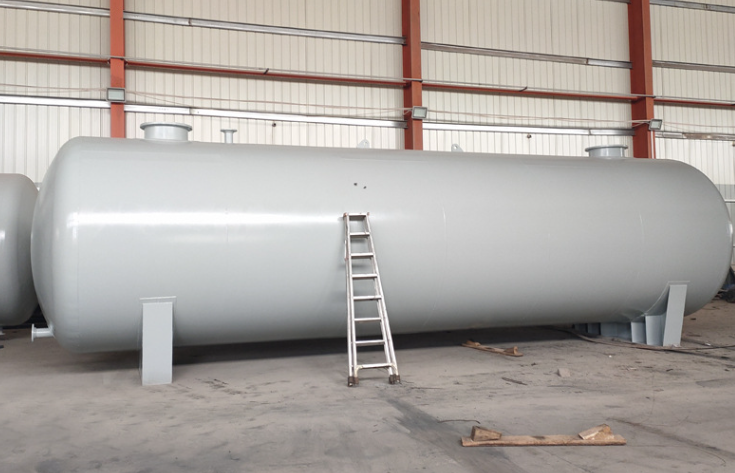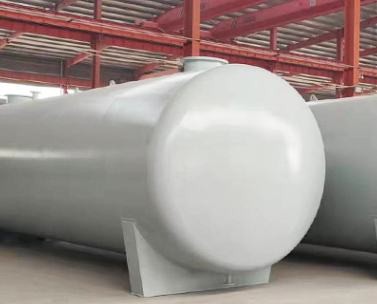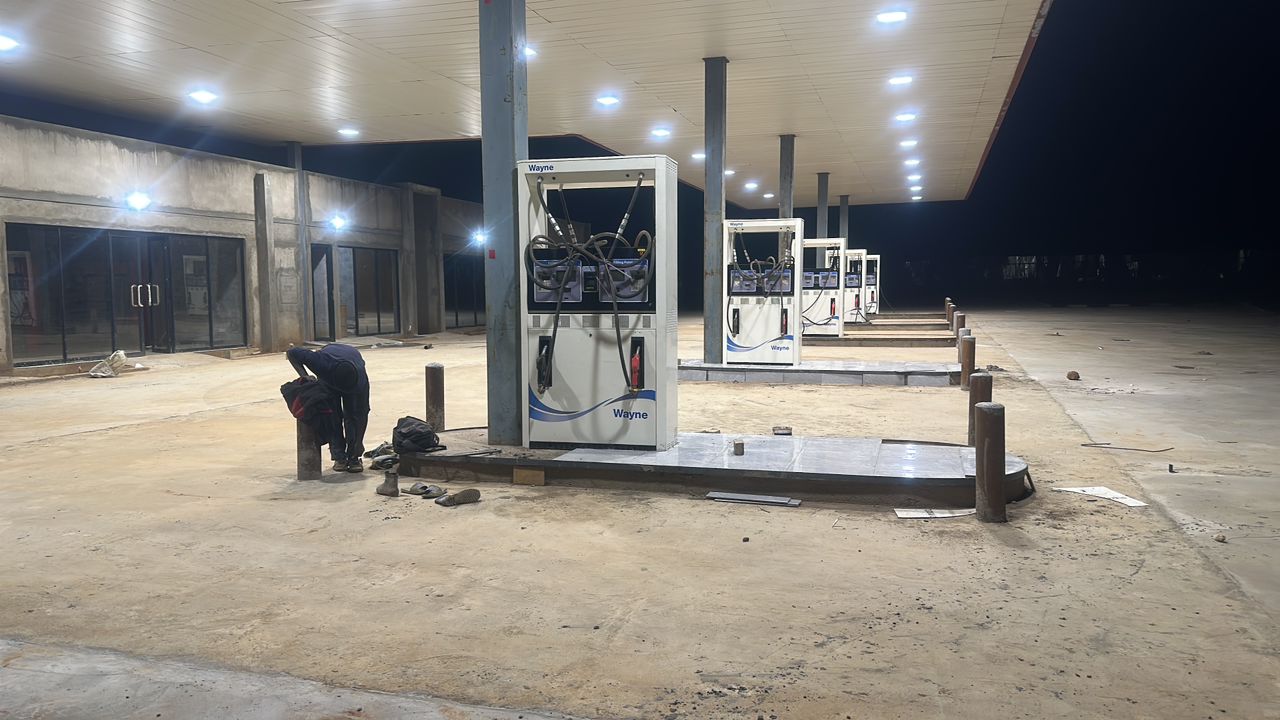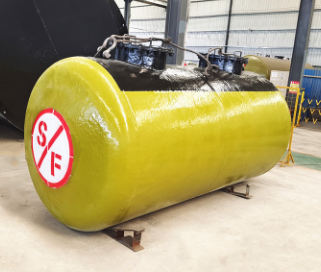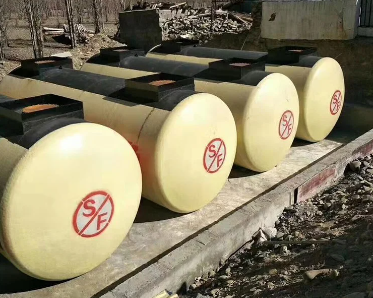Oil tanks can be made from a variety of materials
Oil tanks can be made from a variety of materials, with the choice depending on factors such as the type of oil being stored, the purpose of the tank, environmental conditions and budget. The following are several common oil tank materials:
Carbon Steel: Carbon steel is one of the most common oil tank materials. It has good strength and corrosion resistance and is suitable for storing various types of petroleum products. Carbon steel tanks are generally less expensive and easier to build and maintain.
Stainless steel: Stainless steel oil tanks have excellent corrosion resistance and are especially suitable for storing highly corrosive oils, such as acidic substances or edible oils. Stainless steel oil tanks generally have a longer service life, but the cost is also relatively high.
Fiberglass: Fiberglass (also known as fiberglass reinforced plastic) oil tanks have excellent corrosion resistance and lightweight properties. They are suitable for storing highly corrosive oils and also have good shock resistance. The manufacturing process of fiberglass oil tanks is more complex, but they can be customized into various shapes and sizes.
Double-walled tanks: Double-walled tanks usually consist of an inner wall and an outer wall, filled with insulating material such as foam glass or foam plastic. The inner wall is usually made of carbon steel or stainless steel, while the outer wall is usually made of carbon steel or fiberglass. Double-walled tanks can provide extra security against leaks and contamination.
Aluminum alloy: Aluminum alloy oil tanks are lightweight, corrosion-resistant, and suitable for storing certain types of oil, such as aviation fuel. However, aluminum alloy tanks are generally more expensive and susceptible to external damage.
Concrete: Concrete oil tanks are suitable for large storage needs such as oil depots or industrial uses. They have excellent fire resistance and durability, but are more expensive and difficult to move or change size.
Depending on specific needs and conditions, it is crucial to select the right tank material to ensure safe, long-lasting and economical oil storage.

